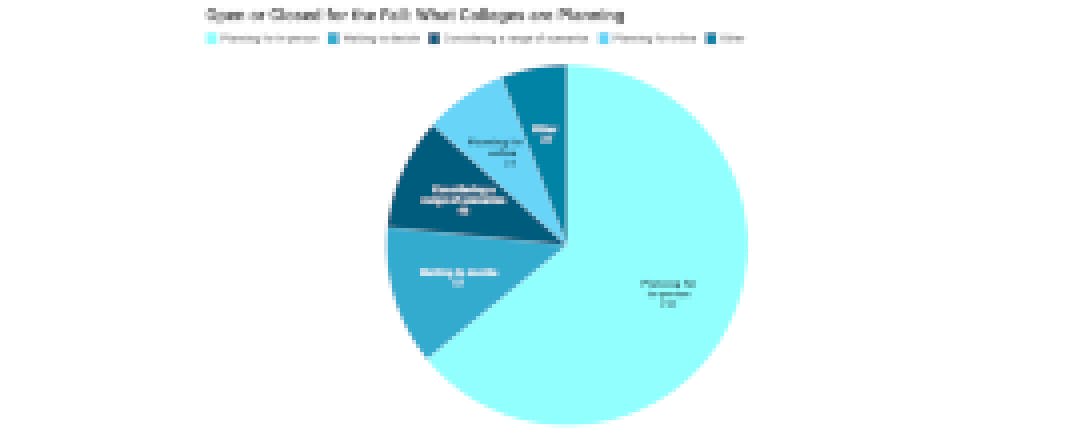Higher education has offered distance instruction as an option for decades. Now that the pandemic of COVID-19 has reached every state in the U.S., many colleges have suddenly shifted to a forced kind of distance education—to keep teaching while everyone stays at least six feet apart to avoid spreading the virus.
That is raising tough questions for colleges: What is the best way to rapidly spin up online courses or deliver exams online? How can colleges ensure that all students have access to the technology needed for remote studies? What happens if the health crisis extends into the fall?
In this unprecedented moment, college leaders and professors are stepping up to jointly create resources online, share best practices, rapidly train faculty in a mode of remote teaching they may never have done, and adapt to a constantly changing environment.
We’re doing our best to share resources and reporting as well, some of which is collected in this guide. And we’re running a weekly online discussion forum every Tuesday afternoon for college leaders and professors to learn from experts and share their knowledge.
We’d also love to hear from you! Email us at jeff@edsurge.com with questions, tips, resources, stories and comments.
—Jeff Young, Higher Education Editor
Crowdsourced Resources
Even though “social distancing” is the buzzword these days for slowing the spread of COVID-19, educators are plenty social online, as they jointly build and update spreadsheets with links to a variety of resources and information. Here are some highlights of that wisdom from the crowd:
Online-education research: A selection of research papers about online teaching published in open-access journals, curated by the American Educational Research Association.
Online teaching tools and plans: A directory of websites set up by colleges to help their campus move teaching online, by the POD Network.
Announcements related to college admissions: A dynamic spreadsheet noting which colleges are still open to campus visits and which have changed admissions deadlines, by the National Association of College Admission Counseling.
College closures: A list of colleges that have closed or moved teaching online, by edtech consultant and futurist Bryan Alexander.
Library closures and statements: A frequently-updated list of announcements by libraries and library groups in response to COVID-19, maintained by Gary Price of Library Journal’s infodocket.
Help shifting courses online: Professional instructional designers are volunteering their time to assist faculty in adapting their materials to teach online. Sign up to help or to request help through the Instructional Design Emergency Response Network.
Tenure changes: A list of colleges that have changed their tenure clock policies.
Answers to questions from EdSurge readers: We’ve begun an FAQ where our reporters tackle common questions we’re hearing about COVID-related impacts to both K-12 and higher education.
Resources for K-12 educators: EdSurge has also collected a guide to how schools can cope with coronavirus.
Learning Keeps Going: EdSurge, ISTE (our parent organization) and a coalition of other education groups are curating free tools, strategies, tips and best practices for teaching online.
Privacy resources: The Future of Privacy Forum has compiled a repository of privacy and data protection resources related to COVID-19 as colleges and universities prepare to support students and staff remotely.




